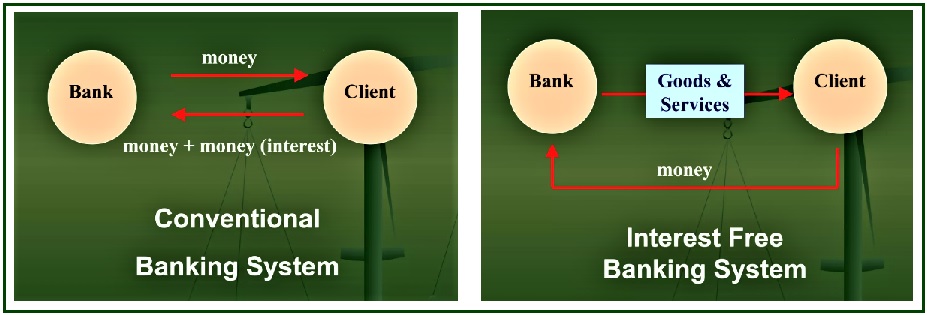7667766266
enquiry@shankarias.in
Pakistan has announced that the government would introduce interest-free banking under the Islamic law by 2027.
 How can an interest-free banking system work?
How can an interest-free banking system work?
Pakistan became the first Muslim country to officially declare modern bank interest as Riba.
Quick facts
Federal Shariat Court (FSC)
Ulema
Riba
References